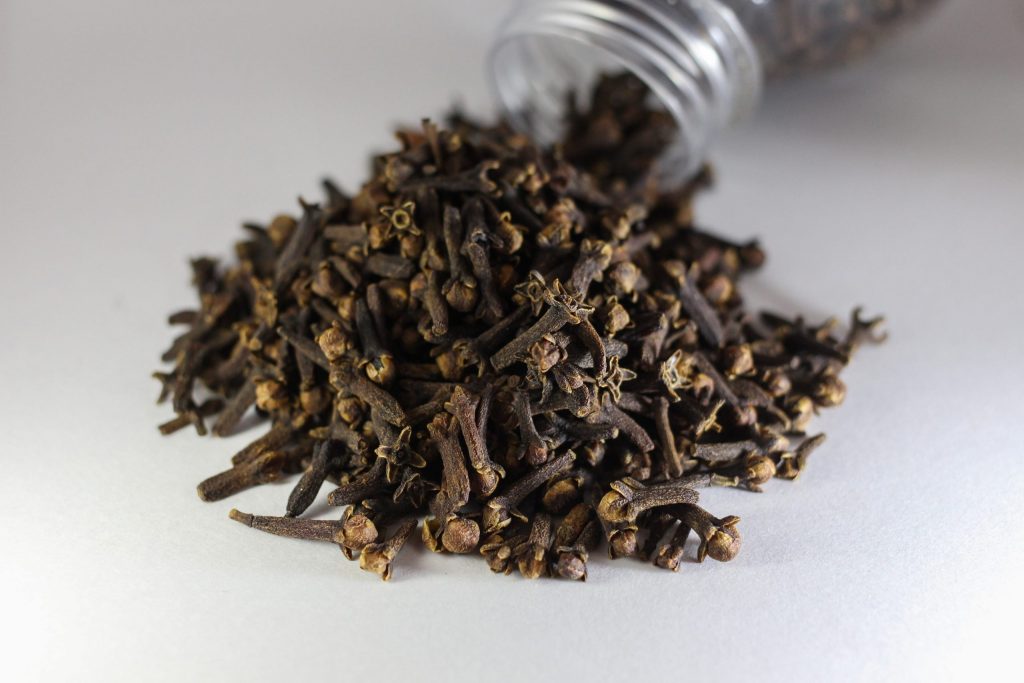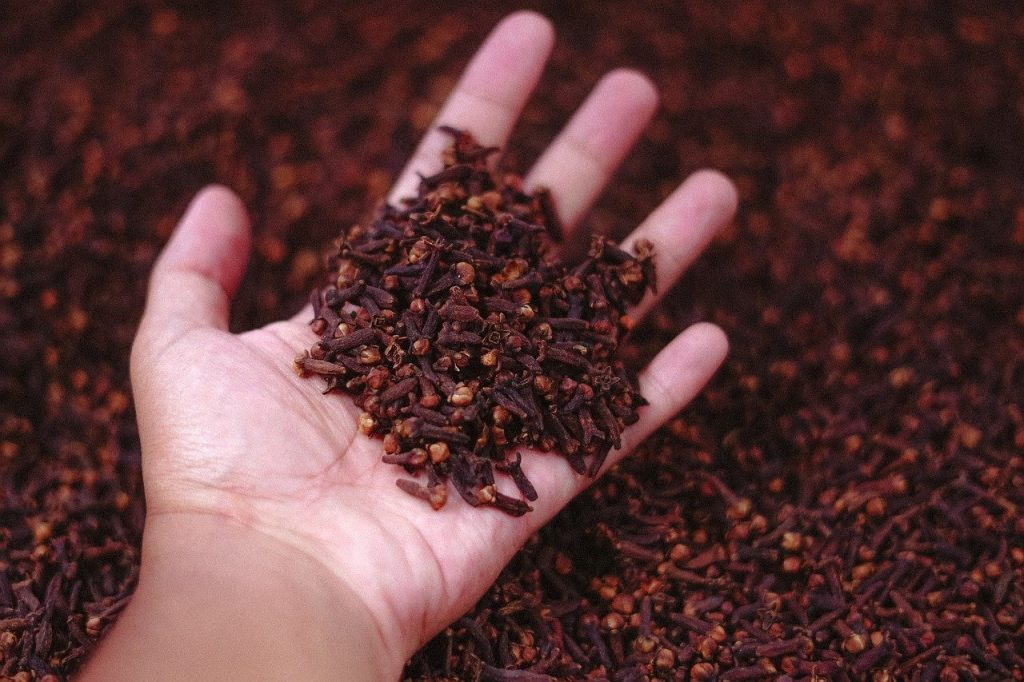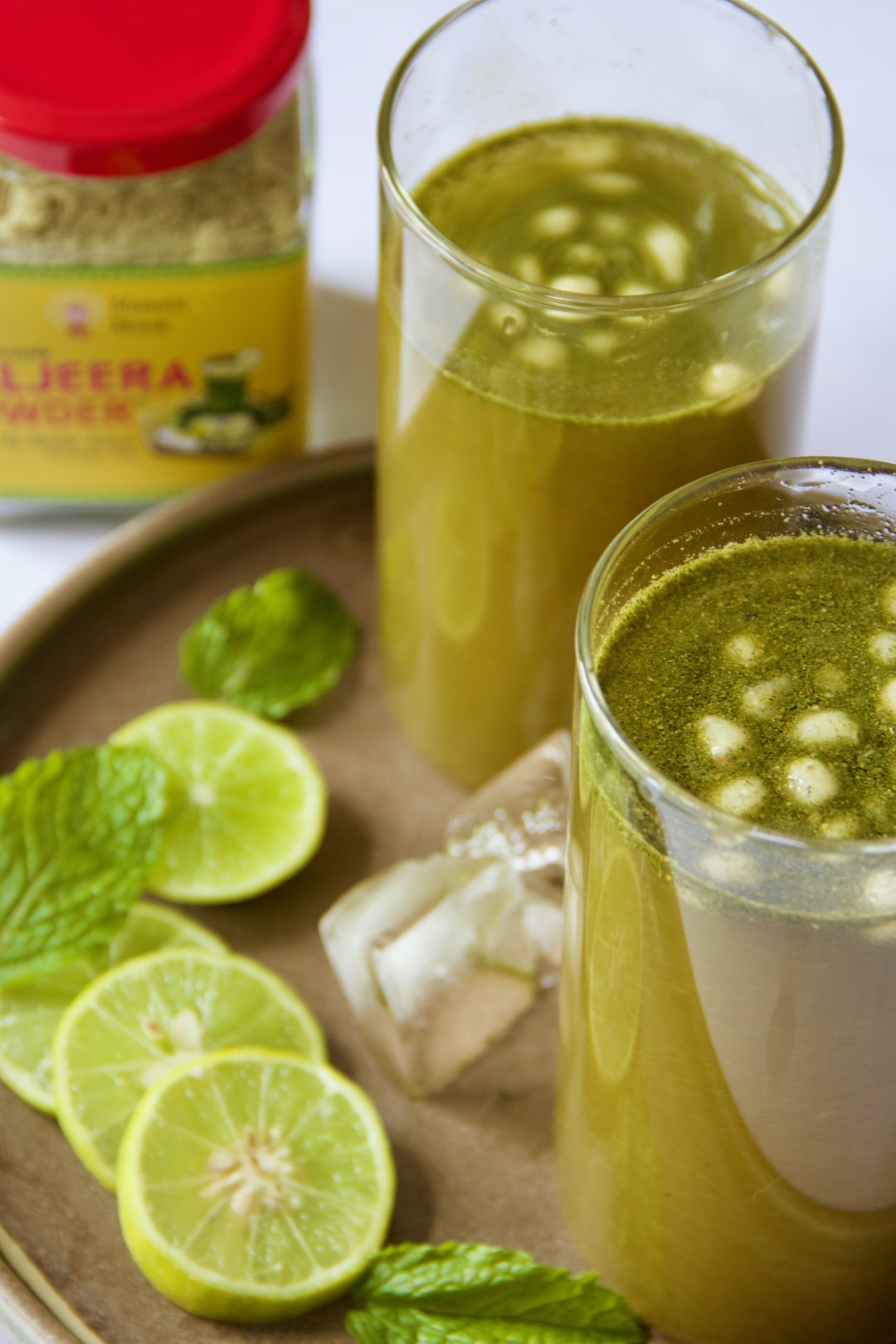
Introduction: Unraveling the Mango Mystique
Embark on a tropical adventure as we delve into the world of mangoes, a fruit that’s often misunderstood in the weight management arena. Bursting with flavor, nutrition, and health benefits, mangoes have more to offer than meets the eye. Let’s peel back the layers of this delicious enigma and reveal how it can be a game-changer in your diet.
1. Nutritional Symphony in Every Bite
Mangoes are a medley of nutrients. Each bite is laden with vitamins A and C, essential for immune strength and skin health, along with folate, potassium, and an array of antioxidants. These nutrients orchestrate a health symphony in your body, providing a range of benefits from improved vision to enhanced digestion.
2. Metabolism’s Secret Ally: Mangiferin
This unique compound found in mangoes is a metabolic maestro. Mangiferin works behind the scenes to fire up your body’s fat-burning capabilities, subtly shifting your metabolism into a higher gear. It’s like having a personal trainer hidden within each succulent piece.
3. The Glycemic Index: A Balanced Perspective
While mangoes do have natural sugars, their glycemic load is in the lower spectrum, meaning they offer sweetness without the rapid blood sugar spike. By understanding and respecting this balance, you can enjoy mangoes without fear, as part of a healthy diet.
4. Championing Weight Management
Integrating mangoes into your diet can be a smart move for weight control. Their fiber-rich profile induces satiety, reducing the temptation for unhealthy snacking. Think of them as nature’s tasty treat that also keeps your hunger pangs in check.
5. Energize Your Workout Routines
Mangoes can be a delightful pre or post-exercise snack. They provide a quick energy source for your workouts and help in recovery and muscle repair, thanks to their rich carbohydrate content and health-boosting vitamins.
6. Culinary Versatility: A Chef’s Delight
Unleash your inner chef with mangoes! Their versatility in the kitchen is unmatched – be it in smoothies, salads, salsas, or as a natural sweetener in desserts. The possibilities are endless, allowing you to inject vibrant flavors into your meals while keeping them nutritious.
7. Mindful Portions: The Art of Enjoying Mangoes
Enjoy mangoes in moderation. Savoring a cup of diced mangoes can be a delightful experience that adds value to your diet without overloading on calories. It’s about finding that sweet spot in your portion sizes.
8. Digestive Wellness with Every Slice
Mangoes are a boon for your digestive health. They can help alleviate issues like constipation and promote a healthy gut, which is vital for weight management. A happy gut often leads to a happy weight scale!
9. Snacking Redefined: A Healthier Alternative
Replace processed snacks with mangoes for a guilt-free indulgence. Whether it’s mango salsa, dried mango strips, or just a plain mango slice, they are perfect for satisfying those in-between-meal cravings healthily and deliciously.
10. Uplifting Your Mood
The sensory pleasure of eating mangoes – their fragrance, taste, and texture – can be a real mood booster. This positive impact on mental well-being is an often-overlooked aspect of diet and weight management.
11. Culinary Inspirations: Mango-Infused Recipes
Experiment with mango-infused recipes to keep your diet interesting and diverse. How about a mango and avocado salad for lunch? Or a tangy mango curry for dinner? Let’s not forget a mango sorbet for dessert! These recipes can bring excitement and a nutritional punch to your meals.
Conclusion: Embracing the Mango Magic for Holistic Health
Mangoes are more than just a tropical delight; they’re a fusion of taste and health. By incorporating them into your diet in a balanced way, you embrace a world of flavor, nutrients, and joy. Remember, the mango is not just a fruit; it’s a celebration of healthy living!
10 FAQs for “Mangoes & Weight Gain: 11 Things You Need to Know”
- Are mangoes good for weight loss or weight gain? Mangoes can be beneficial for weight loss due to their high fiber content and low-calorie profile. They help in feeling full, thus reducing the likelihood of overeating. However, moderation is key, as excessive consumption can lead to weight gain.
- How many mangoes can I eat in a day without gaining weight? Typically, one to two mangoes a day is considered a healthy amount. This depends on individual dietary needs and overall calorie intake.
- Do mangoes cause a spike in blood sugar levels? Mangoes have a moderate glycemic index, so they don’t cause significant blood sugar spikes, especially when eaten in moderation and as part of a balanced diet.
- Can diabetics safely eat mangoes? Yes, diabetics can enjoy mangoes in moderation. The fiber in mangoes helps to regulate blood sugar levels. However, it’s important to monitor overall carbohydrate intake.
- What is the best time to eat mangoes for weight management? Eating mangoes as a mid-morning or mid-afternoon snack is ideal. This helps in managing hunger pangs effectively without adding too many calories.
- Are mangoes fattening if eaten at night? Eating mangoes at night is not necessarily fattening, but it’s better to consume them during the day to avoid calorie surplus and potential digestion issues.
- Can mangoes be a part of a keto diet? Mangoes are high in natural sugars and carbohydrates, so they might not fit well into a strict keto diet. However, small portions can be included depending on individual carbohydrate limits.
- What are the healthiest ways to consume mangoes for weight loss? Fresh mango slices, mango smoothies with low-fat yogurt, and mango salads are some healthy ways to include mangoes in a weight loss diet.
- Do mangoes help in boosting metabolism? Yes, compounds like mangiferin in mangoes can help boost metabolism and aid in weight management.
- Are all types of mangoes equally beneficial for health? All mango varieties offer similar health benefits, including vitamins, minerals, and fiber. However, the taste and texture can vary, so choose according to personal preference.
Blog Tags for the Post: mangoes, weight management, healthy eating, nutritional benefits, dietary fiber, glycemic index, diabetic diet, weight loss snacks, keto-friendly fruits, metabolism booster, tropical fruits, dietary tips, balanced diet, health and wellness, fruit benefits
















